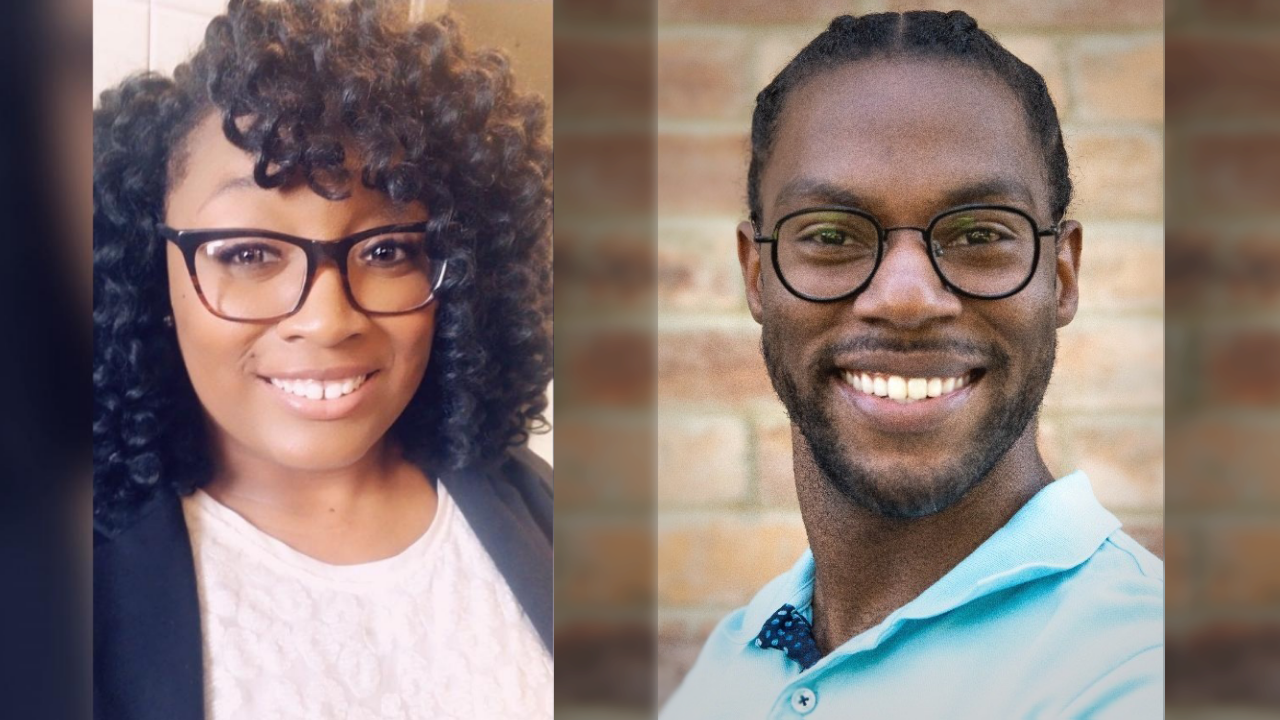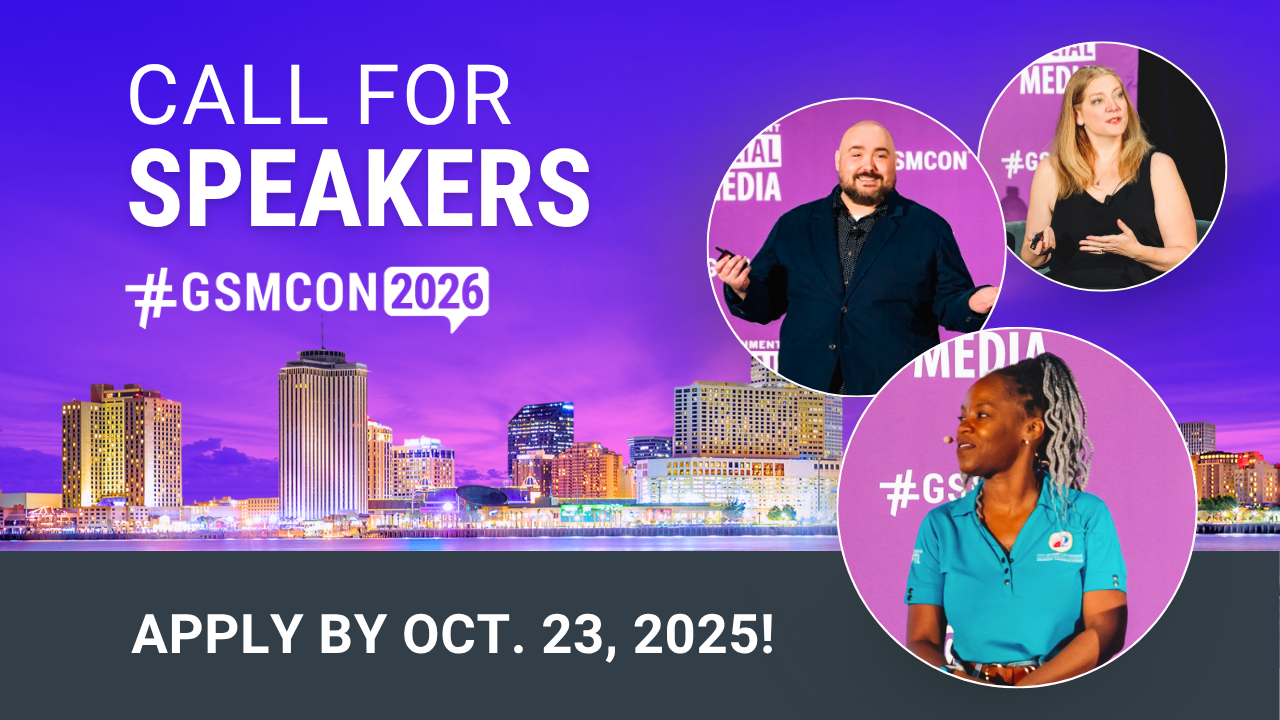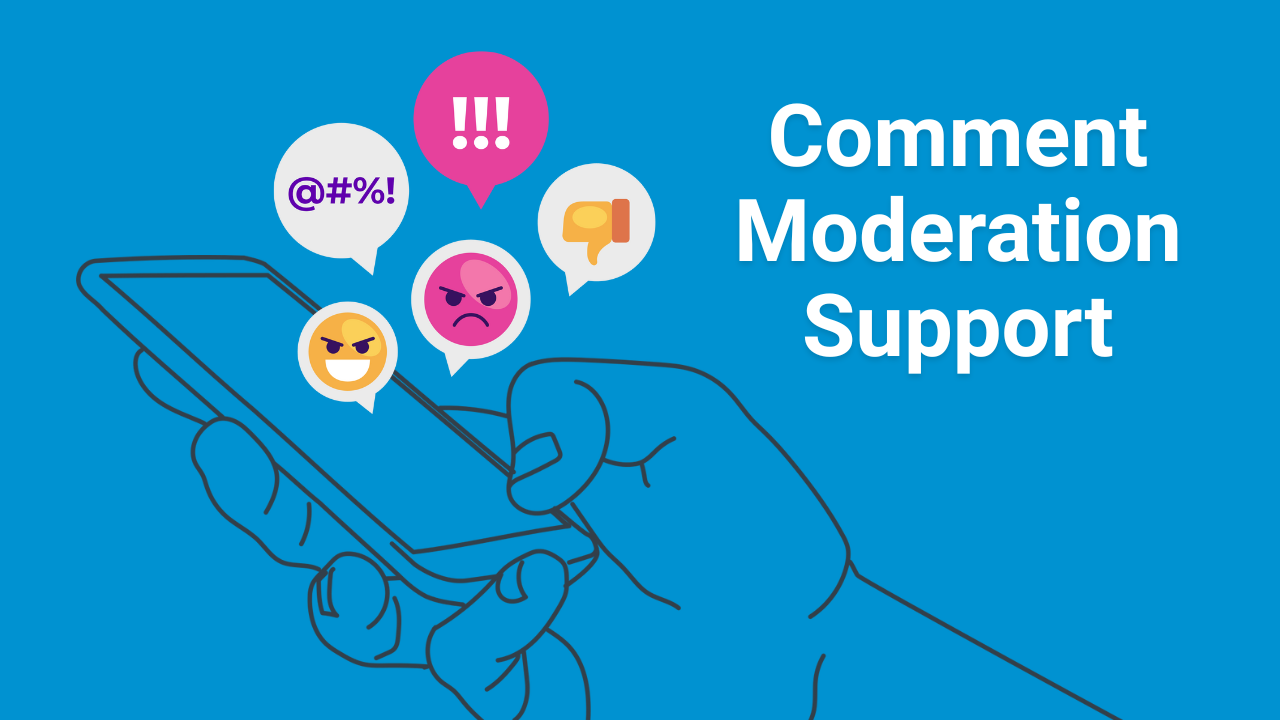
Doing the Work: How to Support Black Voices within Your Organization
Aug 10, 2020In a matter of months, government PIOs all over the country felt more pressure than ever after COVID-19 replaced our sense of normalcy with a constant need to be on, added stress from the financial crisis and exposed racist practices in policing and healthcare, which made national headlines and led to the start of a cultural revolution during an election year. Whew. What a time. Especially for us Black communicators.
The digital age has made it impossible to escape incessant hateful comments and gruesome images of Black men and women being attacked for existing. It’s also not something we can ignore. Inside we hurt and mourn, but it’s hard to show that when working with a team of people who likely do not understand why it cuts so deeply, so instead, we smile and keep on keeping on. That isn’t what we want, though.
Black people want to be assured by our teammates, leadership and organizations at large that they stand with us and are working to make the workplace and the world one that isn’t more intimidating or dangerous for us simply because of the color of our skin. Instead, we hear nothing and often feel like we’re expected to choose between speaking out in defense of our humanity or sacrificing it so as not to burden those fortunate enough to only have to hear about our experiences. With the proliferation of videos showing the violence Black people — and those protesting it — face, it has become more difficult to accept our agencies’ silence and our own.
Keeping quiet may be to come across as fair. Maybe the thought is to unify rather than divide. It might be that the intern running the organization’s social media changed the password and no one can log in to share the official statement on how they’re committing to doing and being better because they only know the old password and got locked out after too many login attempts. Kidding. We all know interns don’t run social media. If it isn’t one, two or all of the above, then it’s probably that no one knows what to say and saying nothing seems less harmful than saying the wrong thing.
But what’s the real cost of agencies remaining silent about racial injustice? Or anyone, for that matter? When a friend is crying out in pain, we don’t look at them and silently wait for it to subside and we certainly don’t ignore it. We ask what’s wrong and do what we can to help them feel better. Offering words of support may seem small, but acknowledging that there is an issue and committing to fixing it is more profound than you can imagine.
Saying nothing is both expensive and priceless. Police departments, for example, cost cities millions of dollars a year in misconduct settlements, a costly tab picked up by taxpayers. If there was a public and private rejection of racist policing, it’s possible fewer incidents of misconduct would occur and less money would need to be paid in settlements. Agency silence about racial injustice creates doubt in the minds of Black employees. This can be enough to push us out, if we’re in at all. Having a diverse team of people who all feel supported brings about creative solutions that benefit those we serve, which is priceless.
Knowing the right words to say and standing by them is what Black people want, but work is needed, both individually and collectively, to know how to respond. You must do four things to accomplish this:
- Listen to Black people
This cannot be stated enough. Black people have sung, written and lectured on the exact responses we want to the situations we face due to the color of our skin. In 2020, it is no longer acceptable to say you weren’t aware of the stark differences we face in every aspect of our lives. Doing this will not only help you on an individual level, but it will also help you craft the messages that will bring out the human side of your agency. -
Acknowledge that you or your organization may be part of the problem (or at least benefit from the status quo)
While tweets and press releases from police departments condemning the bad behaviors of officers are appreciated, it may read as hypocritical or tone deaf in the larger context of policing in America; an act that has disparately impacted Black people for decades. Even cities may have a dark history to reckon with. From redlining to municipal leadership, economic opportunity to access, these are just a few ways cities, their councils and major players have created a utopia for the already privileged. - Work every day for the rest of your life to challenge your implicit biases in professional and personal settings
You can’t just talk the talk, you have to walk the walk. The blindspots you have pertaining to race, gender and economic inequality influence how you interact with others. - Involve Black voices in your organization’s communications
As government communicators, it is our duty to advocate for the rights of every person in the communities we serve. We must also ensure that our communications are representative of these communities and accessible. This is why having diverse voices at the table is imperative. Your organization should be amplifying the Black voices on your teams. This goes right back to point number one, and we cannot say it louder: listen to Black people. Before you build a campaign, design a graphic or record a video on this subject matter, you should be talking to your Black team members and Black leaders. If there are none, therein lies a problem.
You want to be a Ben & Jerry’s, not a Pluckers right now. That is only possible when you work with someone whose words are informed by life experience not just conjecture and Twitter woke-ism (that brand of woke that’s anything but).
There are uncomfortable but necessary conversations about racism that can no longer be avoided. They will be uncomfortable for some time, but on the other side of this discomfort is growth, happiness, peace and maybe even an intern you can trust not to lock you out of your accounts. Again, kidding.
Be the trailblazers future generations need. Be the voice Black people need.
Meet the authors
Currently serving as the Digital Content Officer at the City of Dallas, Christina Roach is a communication professional with more than seven years of experience developing content strategy and internal comms for governmental organizations. As a purpose-driven communicator, Christina has spent the entirety of her career serving the public with one goal in mind: making meaningful, lasting change in the communities she serves. Her unique social media analysis method and creative content design have earned awards and recognition from both Public Relations Society of America and Government Social Media.
Victor Henderson celebrates three years of manifesting his postgraduate dream of “getting paid to be on Twitter all day” as a social media manager in the Dallas-Fort Worth area. At work, he values integrity and consideration for others, which influences his approach to content strategy and creation. When he isn’t working or being recognized by the Public Relations Society of America, you can find him learning languages, nerding out about maps and watching way too much YouTube.
Best communicate with the public you serve by becoming a part of the free Government Social Media network — only available to full/part-time employees of government or educational institutions. Get access to socialgov-specific resources, like the COVID-19 SocialGov Hub group, and other organized content. Virtually collaborate with each other, share advice, get input, tips & more by joining the GSM Network today.
We support the largest network of government social media professionals in the U.S. by guiding government agencies through complex social media issues. Government Social Media helps you successfully communicate with the public you serve, protect your agency and keep public trust while finding your support community.
Interested in submitting a blog for your socialgov community? Just reach out to Sarah with your topic idea!
Government Social Media® empowers government professionals to achieve mastery in social media through conferences, online training, and association membership. Best communicate with the public you serve and get connected with fellow socialgovs by registering for the 2026 Government Social Media Conference happening in New Orleans, LA and virtually from wherever you are! Join the free GSM Network for text-only chats on socialgov topics or access the Government Social Media Association (GSMA) for regional virtual meetups and educational webinars.









